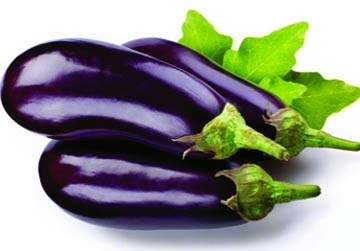
bdnews24.com :
Growing genetically modified ‘BT Brinjal’ is Bangladesh’s own decision and the US development agency engages with the process considering its need and environmental safety.
The agriculture minister Matia Chowdhury last month distributed saplings of ‘BT brinjal’ to some farmers amid protest from certain green groups.
The USAID supported the distribution and its new mission director Janina Jaruzelski was present during the ceremony.
On Monday replying to a question at her first press briefing Jaruzelski said the US made the choices based “on science, facts and transparent process in which all concerns including environment and safety are surfaced”.
“It’s a country’s own choice to use or not to use bio-tech products or BT brinjal,” she said, “It is also individual farmer’s choice whether they find it comfortable.”
She said they had ‘partnership’ with the government in the agriculture sector.
Bangladesh produces 30 varieties of brinjal, and scientists at BARI genetically modified one of those species by inserting a crystal protein gene (Cry1Ac) taken from a specific type of bacteria, Bacilus thuringiensis (BT) in 2005, naming it BT Brinjal.
The gene prevents it from insects which affect most of its harvest. Farmers spray poisonous pesticides as much as 80 times to prevent the produce from insects.
After completing greenhouse and open-field trials in different zones of Bangladesh, it received National Committee on Bio-safety’s (NCB) approval last Oct.
Some green groups protested against its release in fear of losing biodiversity and farmers’ rights on seeds.
The agriculture minister during the sapling distribution on Jan 23 had said they had to accept the reality of genetically modified crops considering food security.
She said they had look into the details of the crop’s positive and negative aspects, and were alert of any kind of negative impact on public health and environment.
A UK based group ‘GM Freeze’ that opposes genetically modified crops wrote to Bangladesh authorities before the distribution of the sapling warning them if BT Brinjal found its way to European market, Bangladesh’s vegetable exports would face sanctions in future.
The authorities placated the ‘GM Freeze’ concerns, saying that they would grow it in limited scale and would not export to Europe.

